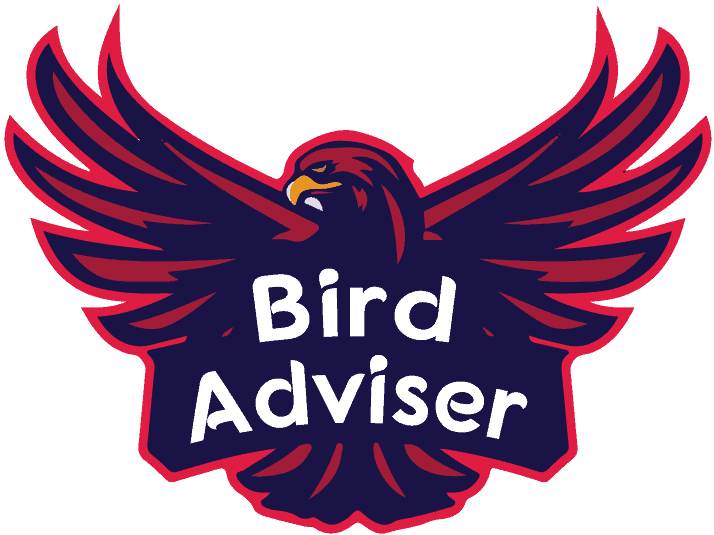Pigeons are a nuisance at bird feeders because they will eat from them if they can, leaving no food for the smaller birds that rely on them.
Pigeons can devour food much more quickly than smaller birds can; thus, bird feeders need to be refilled often.
I have discussed strategies on How to Keep Pigeons Away from Bird Feeders so smaller birds may feast.
Strategies To Keep Pigeons Away from Bird Feeders
1. To Prevent Pigeons from Eating from Your Bird Feeders, Just Choose Feeders That They Can’t Reach
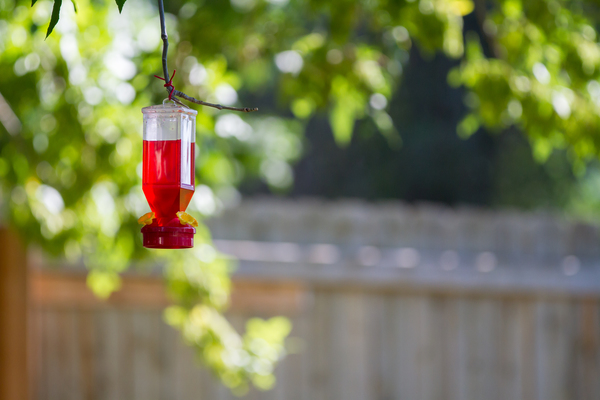
Changing the type of bird feeders you use might be the easiest option for getting rid of the pigeons.
Pigeons can use certain bird feeders, but others are too tiny for them to reach the bird seed.
It is also a fact that pigeons are not among the world’s finest athletic birds. Pigeons are unable to maintain their grip when feeding while hanging upside down on a perch.
To get to the seed, the birds would have to dangle upside down; hence such a feeder would be suitable. At some point, the pigeons have to give up and go on to find food elsewhere.
You may find a variety of pigeon deterrents in bird feeders. Common choices include inexpensive tube feeders.
Pigeons cannot utilize typical tube bird feeders because of their tiny size.
Due to the shape of the tubular feeder, their bulky bodies will not fit on the tiny perches, and they’ll be unable to access the bird seed.
Besides being inexpensive, this sort of bird feeder is quite widespread.
Consider this solution if you have problems with pigeons consuming all of the bird’s seed in the feeders.
You may also choose to get a bird feeder that is weight-activated.
These feeders are designed to accommodate only little birds; therefore, only those birds will be able to consume the bird seed within.
When heavier birds, like pigeons, try to sit on the feeder, the food is automatically shut off to prevent any waste.
The bird will be unsuccessful in its attempts to get the seed.
This well-thought-out plan effectively repels several aggressive bird species.
To prevent pigeons from devouring your bird seed, you may either use this method or the tube feeder.
2. Maintain a Clean and Tidy Ground
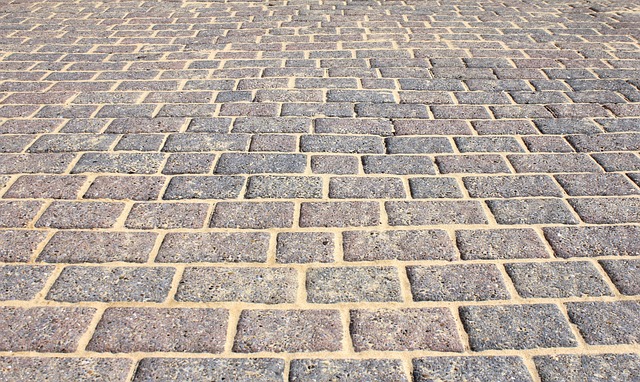
The pigeons may still visit even if they are unable to reach the bird feeder. A lot of birds are likely to be messy eaters, which is a shame.
A few of the birds that visit the bird feeders may spill a portion of the bird seeds they consume on the ground.
Pigeons may be attracted to your yard because of these spilled bird seeds.
The area around the bird feeders should be kept as tidy as possible.
Gather the scattered bird seed and any food that has fallen to the ground.
Pigeons in the area should be less interested as a result of this. Picking up the seed straight soon may not always be practical, but you may at least make an attempt to maintain a tidy yard.
Pigeons prefer to graze on the ground rather than fly to a perch to feed.
Pigeons may be seen doing this in many public settings, including parks.
Therefore, if you wish to deter pigeons, you shouldn’t use ground feeders.
Any ground feeders you put out will quickly be depleted as they gobble all of the bird seed.
It’s recommended that you look for bird feeders that don’t create a lot of mess.
Pigeons may be avoided by purchasing a bird feeder that does not allow the seed to fall to the ground.
3. Select Unappetizing Food for Pigeons
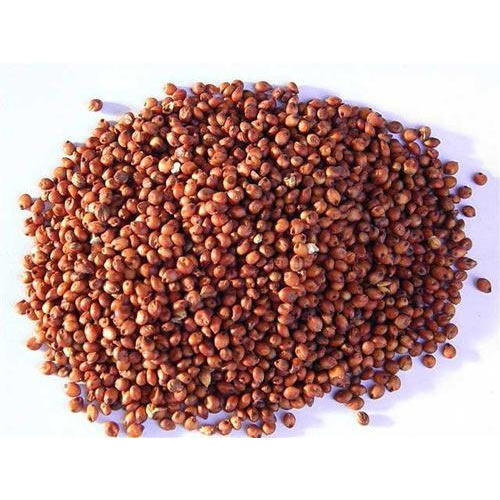
Pick and select the bird seed for the feeders with care. Pigeons don’t like the same meals as humans do.
You can keep pigeons away from your bird feeders if you fill them with the food they won’t eat.
Pigeons are notoriously picky eaters, and there are many foods they just won’t eat.
Suet, peanuts still in the shell, striped sunflower seeds, suet, and nyjer are all good options for what to put in bird feeders.
The native pigeon population will likely reject all of these alternatives in a heartbeat.
Most of the regular foods people have put in bird feeders may be enjoyed by pigeons as well.
They are particularly fond of cracked corn, millet, and milo, all of which can be purchased for a low price and are found in birdseed.
You won’t attract the kinds of songbirds you would like to see in your backyard if you feed them this cheap bird seed. As a result, you shouldn’t purchase any of it.
Feeding pigeons cheap birdseed will attract a lot of pigeons. If at all possible, stick to the suggested methods that pigeons dislike.
4. Think About Pigeons Getting Their Own Food
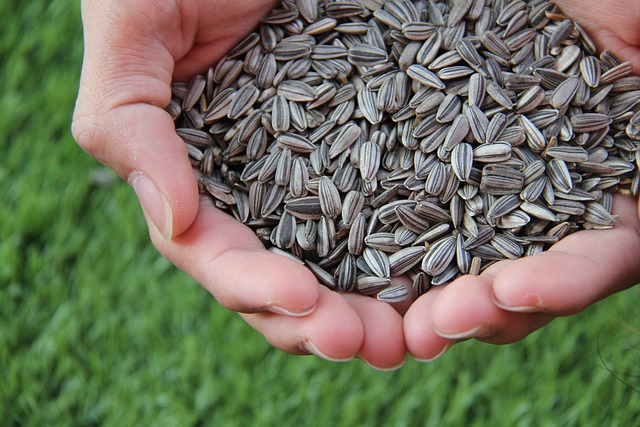
Pigeons are genuinely tolerated by certain individuals. Some people see them as unsanitary and unpleasant pests and avoid them at all costs.
Which section of the pigeon fence you end up on is entirely up to you. It would be best to feed the pigeons somewhere than the bird feeders, however.
Certain yard goes choose to feed the pigeons in a separate area. This plan, in conjunction with the others mentioned above, ought to deter pigeons from swarming the bird feeders.
Pigeons will happily consume low-quality bird seed. Many individuals often feed pigeons in the area leftover bread that they have thrown away.
Because pigeons like to forage for their food on the ground, you may just dump anything you want to give them in the backyard.
This tried and true strategy has been shown to reduce pigeon disturbance at bird feeders, allowing other species to enjoy them in peace.
However, this does not imply that you should always go with the option of pigeon feeding. Being kind to the pigeons may turn out to be a mistake.
5. Clean Up Pigeon Nesting and Roosting Areas
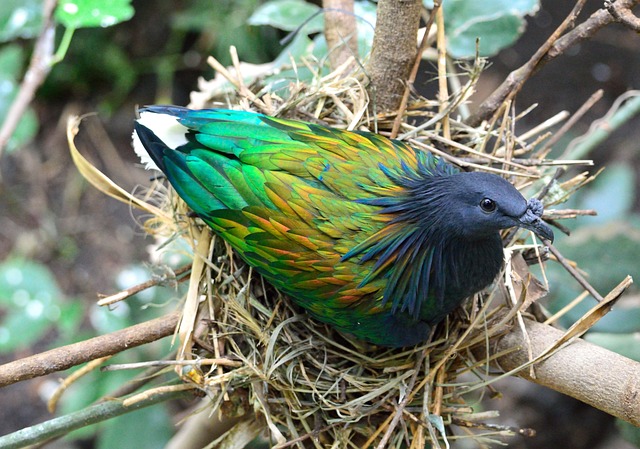
If you don’t really want pigeons in your backyard, you should eliminate their potential places to roost and nest.
This will force them to look for another place to hide. It’s possible the pigeons have established a roosting area on or near your home.
You should inspect the usual roosting places of pigeons.
Pigeons occasionally use accessible structures like barns and garages as roosts. They also frequent high places, like rooftops and window ledges.
If you take the necessary measures, you may remove the pigeons from these areas. To prevent them from roosting there, you may try setting up bird spikes.
Sometimes the pigeons may fly out from the roost to forage for food. To prevent birds from returning to a certain area, you may install spikes there.
Pigeons who attempt to settle on a rooftop or window sill and contact one of the bird spikes may experience some discomfort. While the birds themselves won’t be in any danger, they will have to relocate.
You may prevent birds from landing in some areas by using bird gel. The gel is applied to the window sill, fence, or other perch where pigeons congregate.
A pigeon won’t be able to stay put if it lands on a surface treated with gel. Eventually, it will come loose and take flight.
You might also benefit from renovating your dwelling. If vents are covered, fewer pigeons will be able to make nests in them. Also, it’s a good idea to go ahead and put a cover on your chimney.
It is not desirable to have a pigeon’s nest in your chimney since it will prevent smoke from escaping.
When the chimney is sealed up, pigeons can’t go inside.
Since many pigeons perish after being trapped in chimneys, this is an excellent idea.
6. Protect And Enhance Your Garden
It will also be useful if you take measures to prevent pigeons from destroying your backyard.
Pigeons will come to the yard and attempt to devour the different vegetables and other food sources if you do not even take steps to prevent them from doing so.
Fortunately, you have a lot of options for keeping pigeons out of your garden. Putting up bird netting around a yard is among the simplest ways to protect it from pests.
We can prevent the birds from entering the garden by using this netting. You may easily prevent birds from entering your home by purchasing special netting.
The openings in the netting must be tiny enough that pigeons and other similar-sized birds can’t fly through them. What you need to do this task is easily accessible.
Some individuals will likewise be responsible for guarding fruit trees and similar vegetation.
This can be accomplished using bird netting; however, there may be other options as well.
Putting up fluorescent tape is one strategy to deter birds from roosting in the yard or among the trees.
Reflective surfaces are intimidating to birds and may cause them to get disoriented, and reflective tape is simple to install in a number of different settings.
Please don’t hang any bird feeders here. You shouldn’t give the impression that the other birds are barred from the feeders.
You must put the bird feeders on the other side of the backyard from the garden. Doing so guarantees a problem-free operation.
7. Repelling Ultrasound Gadgets
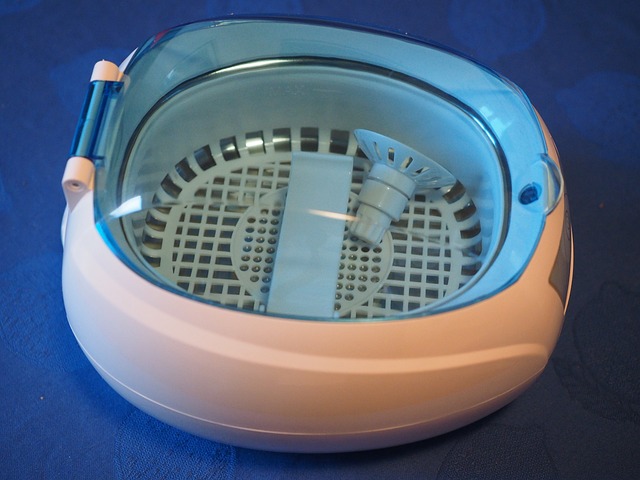
Pigeons may be discouraged from returning with the use of ultrasonic-repellent devices.
These gadgets are used by many individuals who have balconies to prevent birds from landing there and becoming a nuisance.
These tools may also be used to deter birds from your yard or house. To use, just set up shop close to what needs guarding.
There’s a disadvantage to this, though: it can frighten away other birds. Consider this a bad idea if your yard is on the little side.
The ultrasonic repellant device will probably deter other birds from using the feeders if they are located too near to the device.
Because of this, the repellant device is only useful if there is a great deal of space between your house or garden zone and the bird feeders.
In any case, it’s helpful to be aware of the availability of such tools.
Many sorts of animals and birds may be kept at bay with the use of ultrasonic-repellent devices.
A few of these gadgets can even run in the sunlight alone.
The gadget just requires being staked into the ground to continue functioning as long as it is exposed to sunlight.
8. Capturing Pigeons
Do you plan on catching the pigeons that have recently been flying in your yard? Many individuals nowadays choose to take this course of action.
The general aim is to strategically position pigeon traps across your property. Location is key, so place them where you’ve seen pigeons before.
The pigeon will trigger the trap and be captured soon. You can catch more pigeons if you set up multiple traps.
When the pigeons are trapped, you may release them far from your house. If you do decide to do this, you should get at least 5 miles away from your residence.
You should be aware that in certain places, you may be breaking the law if you try to do this. There may be restrictions on catching birds and other animals in your area.
You need just consult a reference work before moving on. If you don’t, you could get into some difficulty. In all likelihood, capturing the pigeons is not the best option available.
There’s a good chance that certain pigeons will return even if you manage to get rid of the majority of them.
9. Use Decoys to Frighten Away Pigeons
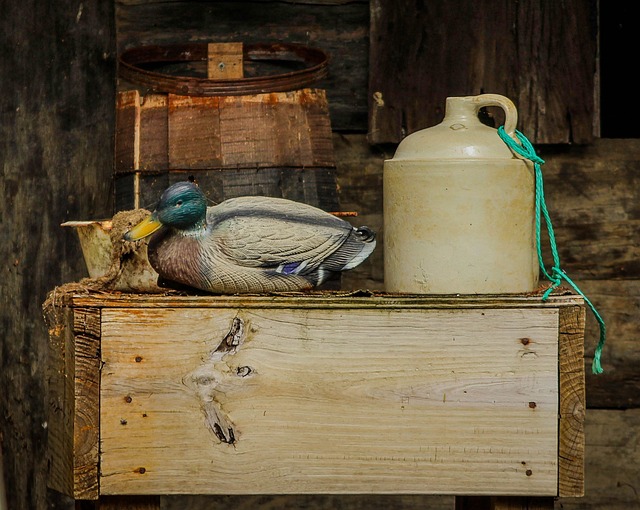
It may work if you used decoys to frighten off the pigeons. Several varieties of decoys are available to discourage pigeons from congregating in a certain region.
The owl decoy is a popular choice amongst decoys. Pigeons will likely avoid owls due to their predatory nature.
Owl decoys should be easily accessible and inexpensive. When you’re ready, you may set up the decoys in a safe area near your house.
Pigeons may and will learn to ignore the decoys. However, you might attempt to maintain the decoy trick’s efficacy by relocating the decoys.
The owls are less likely to see through your ruse if they are fooled by the decoys and can’t get acclimated to their new location.
Keep the pigeons off guard by switching up where the owls are stationed every so often.
If you don’t have any luck with owl decoys and can’t locate any in your region, you may also try using hawk decoys. The low barrier to entry of this approach makes it worthy of exploration.
For the Best Bird Feeders, Check Out Kingsyard Bird Feeders. They have curated bird feeders for hummingbirds, bluebirds, woodpeckers, and many more.
Conclusion
There’s little doubt that pigeons are a nuisance and that they’ll drive other birds away from the region.
If you wouldn’t take measures, they will swarm into your yard and devour every bit of birdseed in the feeders. You should put up pigeon-proof bird feeders.
Since only little birds will be capable of fitting on the perches of tube feeders, this design could be the most feasible for the task at hand.
Bird feeders that are responsive to weight may also perform well.
When a large bird attempts to sit on one of these feeders, the feeding ports will automatically shut.
You’ll be in a better position to avoid dealing with pigeons if you follow all of these procedures.
Soon, the only birds you’ll desire to see in the yard will be the ones attracted to the bird feeders.
FAQ
Is it true that pigeons drive away smaller birds?
Pigeons are much larger than most UK garden birds, and as a result, they have been known to harass and even kill smaller birds. Pigeons are not predatory birds; therefore, they won’t try to attack the smaller birds at the feeders if they see any.
What kind of odors will deter pigeons?
Pigeons also have a low tolerance for pungent aromas like cinnamon and spicy pepper spray or juice. Spraying and applying these things may help drive the pigeon colonies away if you can get to the locations where they are roosting and nesting without endangering yourself or others.
Last Updated on September 4, 2023 by Lily Aldrin
